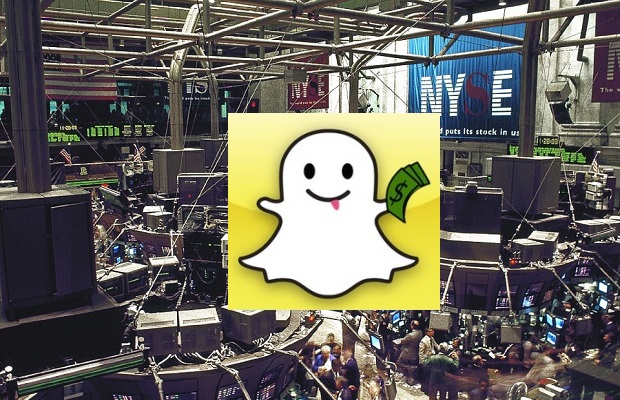Snap Inc, the owner of messaging app Snapchat, has gone public after months of speculation, with shares initially priced at $17, with stocks jumping 44% to US$24.48 on the first day of trading.
It brings the value of the business to $28bn, making it the biggest technology IPO since Alibaba made its debut in 2014 and reflects huge demand, considering the initial offering of shares was expected to be between US$14-16.
Loss-making Snap’s Snapchat app – best known for disappearing messages and use of image filters to add special effects – has proved popular with teenagers especially.
It has more than 158 million users worldwide but user growth has been slowing.
It reported a rise of just over 3% in the final quarter of last year when it had been in double figures earlier in 2017.
That has been partly put down to stiff competition from Facebook’s Instagram.
The sale of 200 million shares demonstrated a frenzy of demand for the stock and it took almost two hours from the opening bell being rung for the opening price to emerge.
The main question for investors ahead of the Initial Public Offering(IPO) was whether Snap represented a good financial bet given varied performances for similar stocks since their own market debuts.
The fact that the shares were offered at the top end of the range, at $17, was a good indicator of strong interest.
NBCUniversal, a unit of Comcast and parent of CNBC, invested $500 million in Snap during its IPO as part of a strategic investment and partnership, according to sources.
The stock allocation by Snap to NBCUniversal appears to be the only one made to a new strategic investor, which would make NBCUniversal the only U.S. media company with a stake. Other companies could buy shares in the open market.
Snap argues its value is in the length of time its users spend on the app, as well as the revenue opportunities that will arise through the growing trend of young people using video to interact with each other instead of text.
The shares proved popular despite the IPO being unusual in that investors got no voting power, with co-founders Evan Spiegel and Bobby Murphy continuing to maintain tight control.
They each landed a 17% stake worth $4bn (£3.26bn) based on the offer price in the share sale.

